
Let's face it, kids get ear infections all the time.
According to the U.S. National Library of Medicine, parents bring their children to the doctor for ear infections more than any other health issues. So if it seems like you're always taking your kid to the doctor for an ear infection, you probably are! Additionally, "three out of four children will have at least one ear infection by their third birthday."
Officially known as acute otitis media (AOM), ear infections can affect anyone. When a child has an ear infection, it can be difficult for the whole family.
Although kids are the ones who get ear infections the most, adults can also get them — and they can be seriously painful and annoying.
When an adult has an ear infection, the symptoms may also be slightly different.
Read below to learn more about these infections, and what signs and symptoms you should look out for.
Photos: Pixnio>; Morgan Swofford for LittleThings
What Is An Ear Infection?
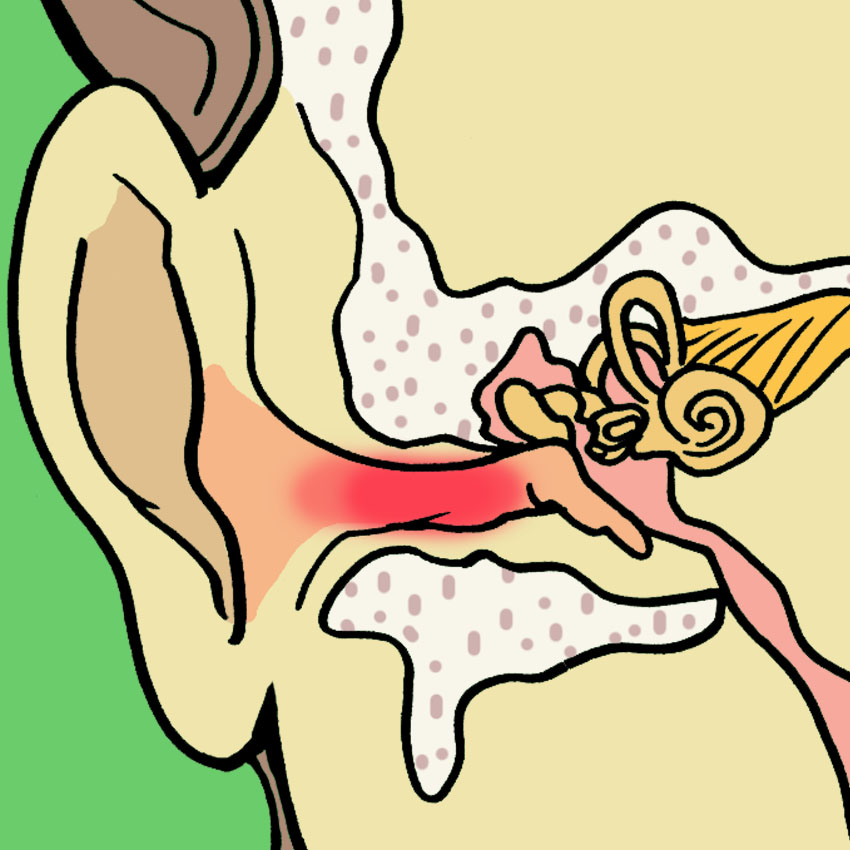
The CDC explains that there are three main types of ear infections: Acute Otitis Externa (AOE), which occurs in the ear canal; Otitis Media with Effusion (OME), which occurs in the middle ear but doesn't show symptoms; and Acute Otitis Media (AOM), which occurs in the middle ear and does show symptoms. This article will focus on the third type.
The Mayo Clinic explains, "An ear infection (acute otitis media) is most often a bacterial or viral infection that affects the middle ear, the air-filled space behind the eardrum that contains the tiny vibrating bones of the ear."
Who Gets Ear Infections?
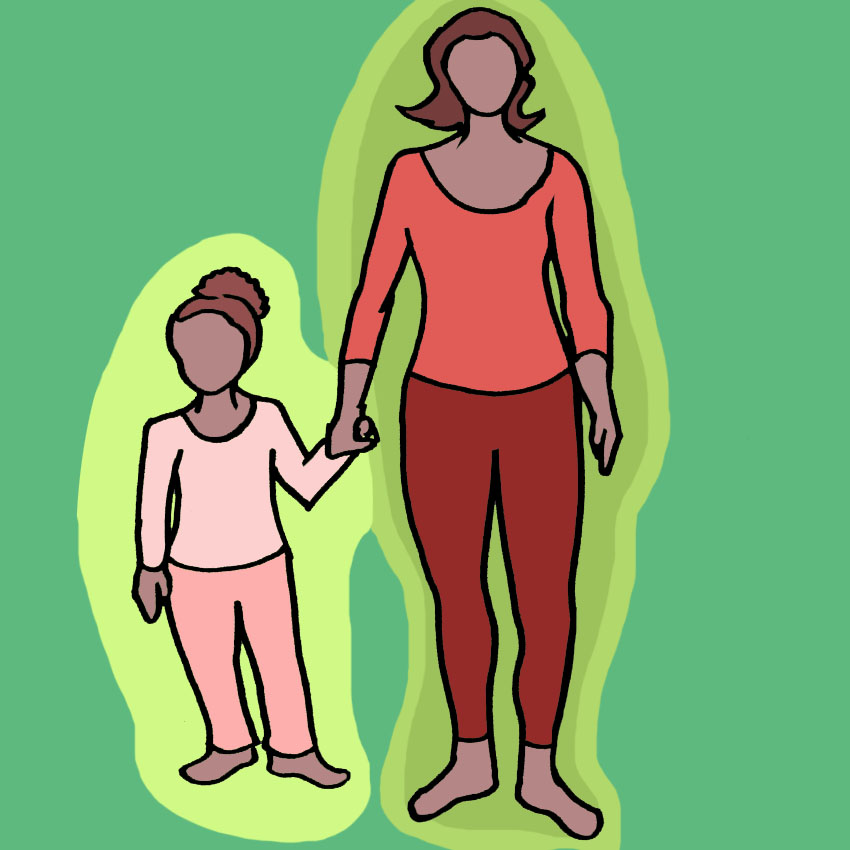
Although everyone can get ear infections, children are more likely than adults to have them.
The U.S. National Library of Medicine explains that infants and children get ear infections more than adults because their eustachian tubes — which runs from the middle ear to the back of the throat — are more easily clogged.
Children also don't have immune systems that are as strong as adults', so they get sick more easily.
Difference Between Ear Infections In Children And Adults
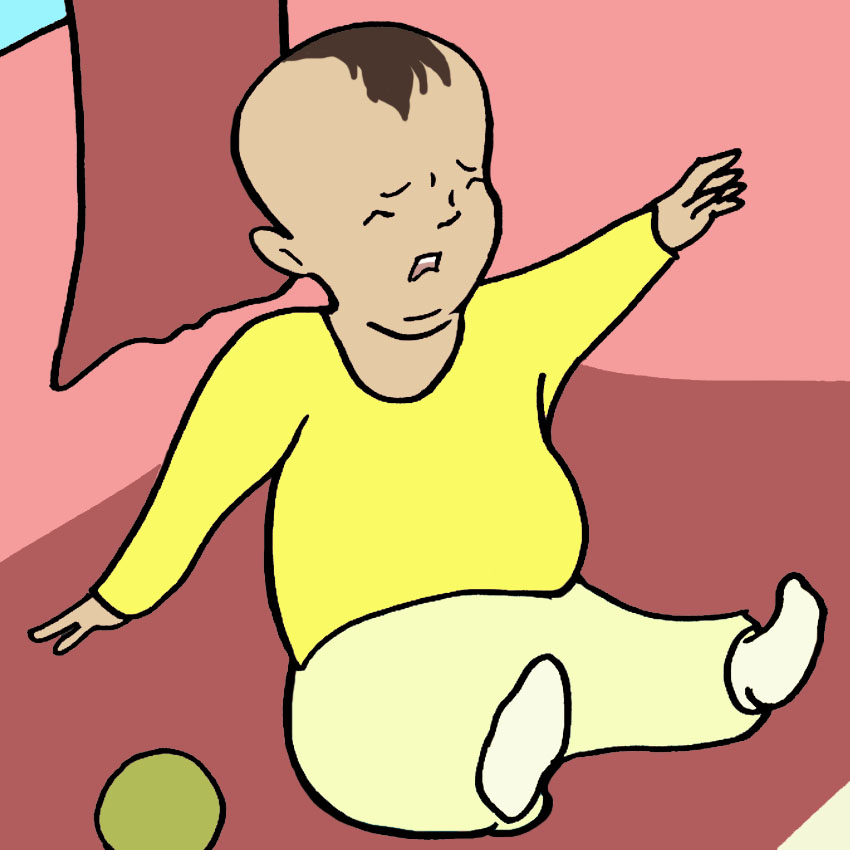
The primary difference between ear infections in children and adults are the way they affect us.
Children often suffer from more symptoms than adults do, and they don't handle them as well.
Adult Ear Infection Symptoms #1: Ear Pain
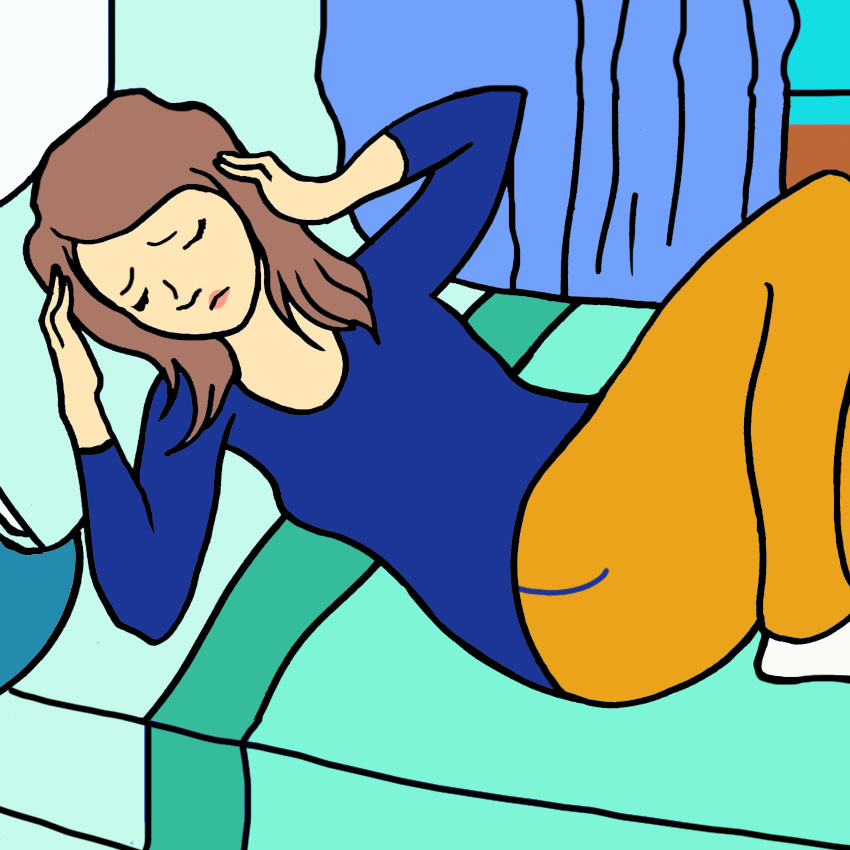
Of course, one of the most obvious symptoms of ear infections is pain in the ear.
If ear pain is caused by an infection, it will usually be severe and last for more than a day.
The U.S. National Library of Medicine also explains that the pain may ca feel like a sense of fullness in the ear.
Ear pain — no matter what the cause — should never be ignored, explains the Mayo Clinic.
#2: Diminished Hearing
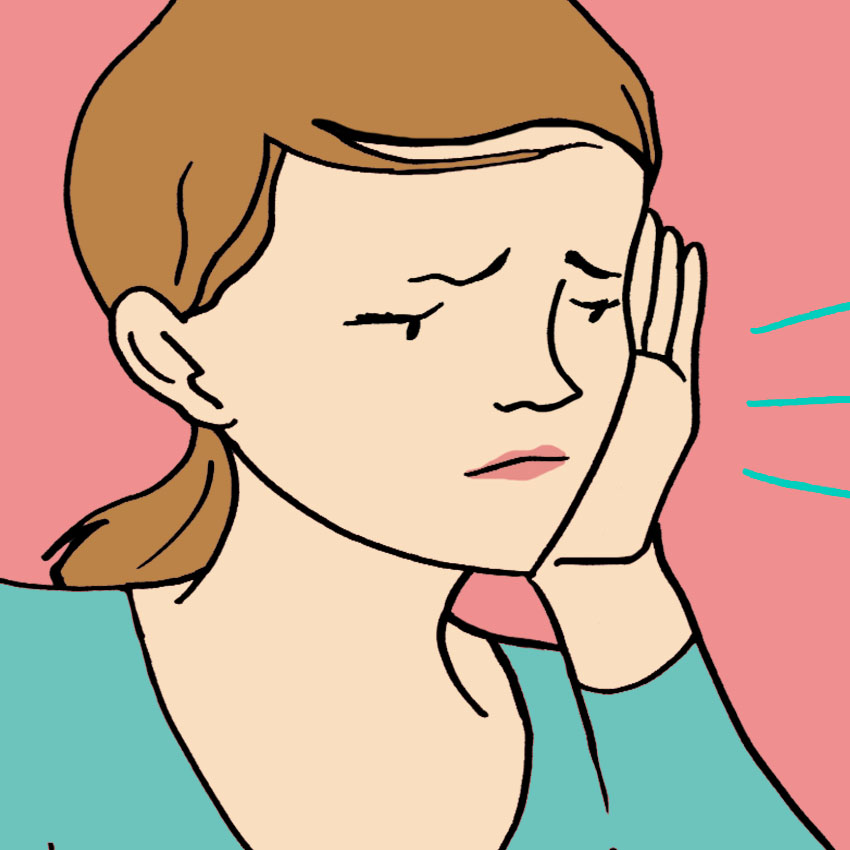
If you have an ear infection, you may experience diminished hearing in that ear because of the fluid buildup.
Ear infections can also cause swelling and pus in the middle ear, which can contribute to the loss of hearing.
#3: Fluid Drainage

Another symptom of an ear infection is fluid draining from the ear.
"Sudden drainage of yellow or green fluid from the ear may mean the eardrum has ruptured," explains the U.S. National Library of Medicine.
Child Ear Infections Symptoms
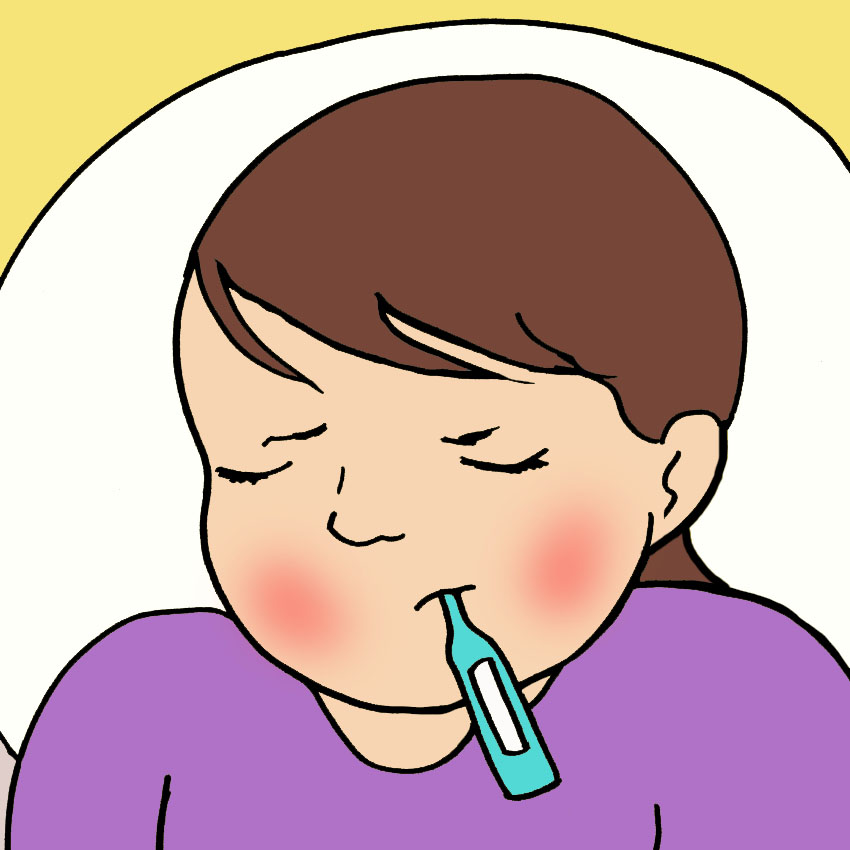
Children experience the same three main symptoms that adults do, but they also have a number of other symptoms as well.
According to the Mayo Clinic, kids may also exhibit the following signs of ear infections: headaches, loss of appetite, fever, irritability, difficulty sleeping, loss of balance, and pulling at the irritated ear.
When To See A Doctor
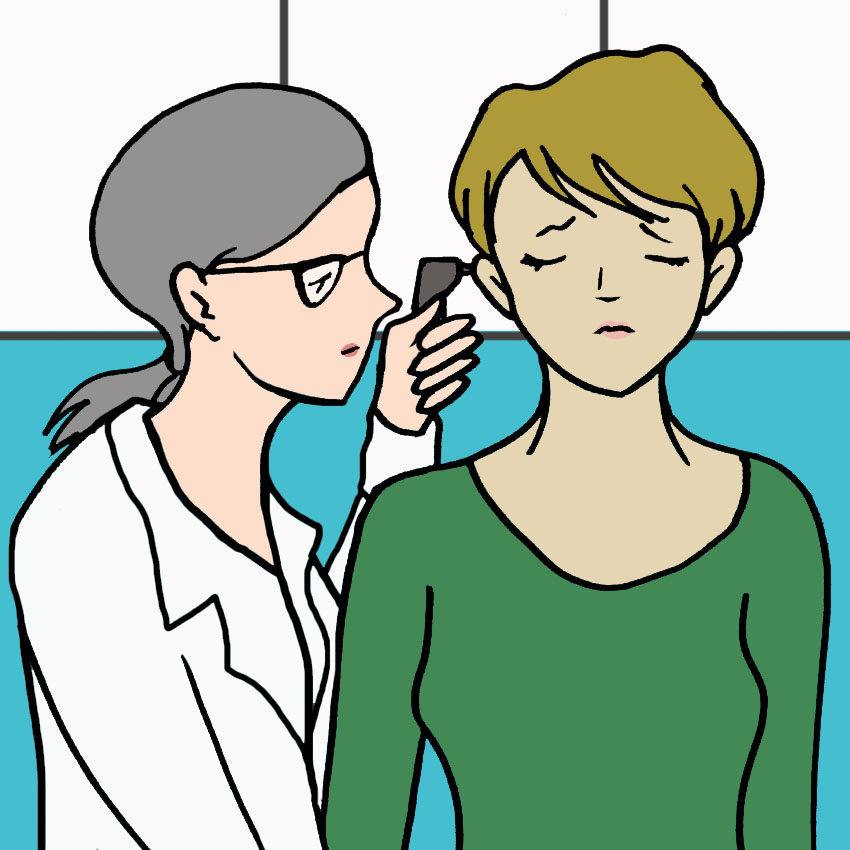
If you or your child have any of the symptoms above, call your doctor to set up an appointment. Some of these symptoms may also be signs of other conditions, so check with your general practitioner to get a concrete diagnosis.
Please SHARE this article if you think more people should know about ear infections!




